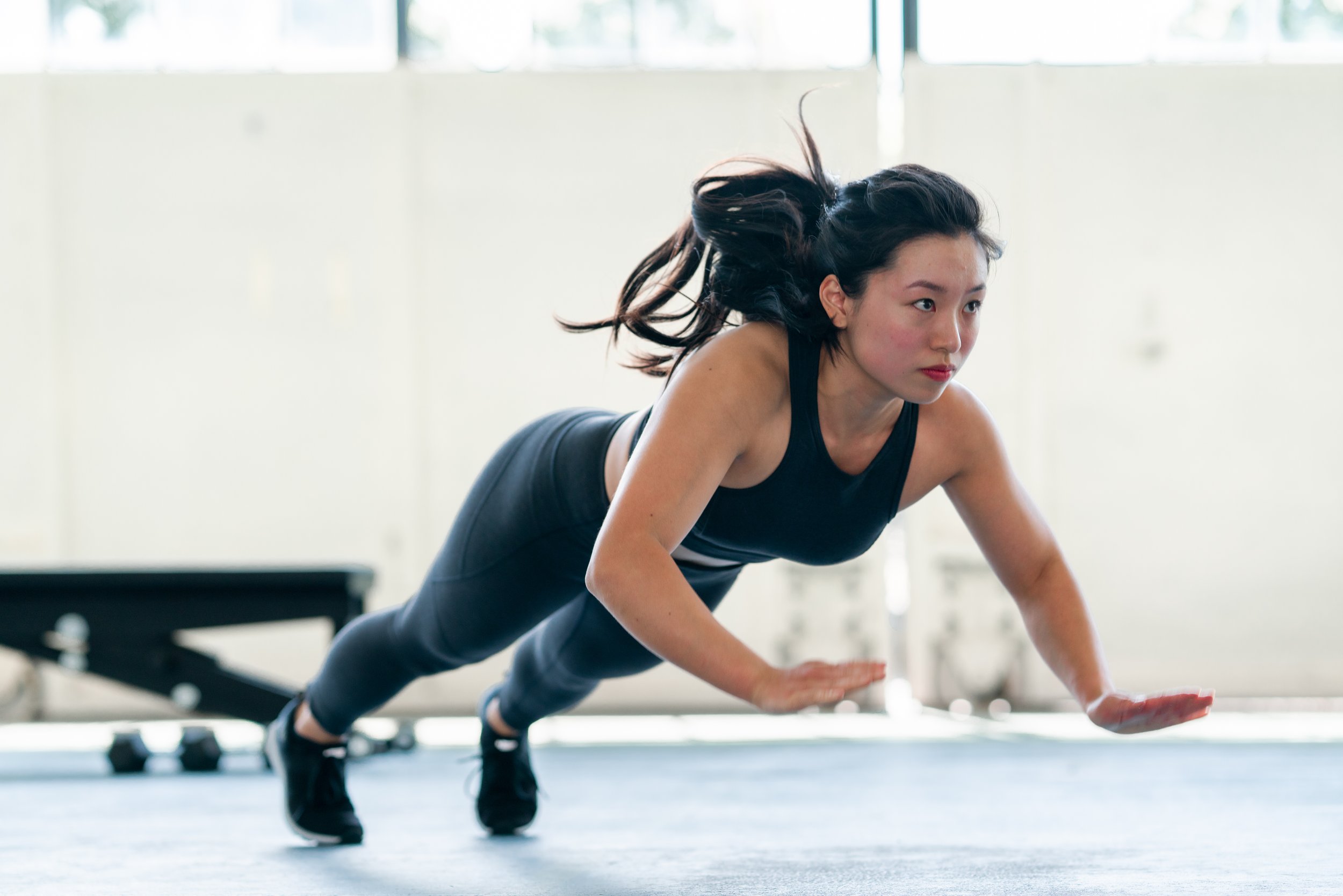Coaching Athletes on Their Period: Normalizing the Conversation
/**GUYS: you might want to pay attention to this one!
If you’re reading this, chances are that you have women in your life that are important to you or you may coach female athletes at some point in your career. People often debate whether female athletes should be coached differently than male athletes. This article will talk about important physiological differences between females and males that coaches need to take into account when training female athletes.
Periods
Most females go through puberty between 10-16 years of age. From then on, they have a menstrual cycle, also known as their period, every month until they hit menopause. Even though we all know this, we often ignore or don’t understand this fact when it comes to training female athletes.
Each female experiences their period differently. Many women will experience something called pre-menstrual syndrome (known as PMS) the week before their period starts, which is often characterized by various uncomfortable symptoms. Can you imagine being asked to perform or train when you have a splitting headache, nausea, bloating, abdominal pain, or sharp cramps? So why do we expect female athletes to do so? Sometimes, female athletes are told to ignore or overcome these symptoms, but it is not easy, and pushing through can make symptoms worse.
So, can female athletes train safely while on their periods? The answer is yes, but coaches need to consider some things before starting the training.
Here’s what’s happening in the female body during the menstrual cycle, and what it means for athletes (and their coaches).
Symptoms and Side Effects
The menstrual cycle is broken into different phases, and hormones like progesterone, estrogen, follicle-stimulating hormone, and luteinizing hormone will change during those phases. In the premenstrual phase, estrogen and progesterone are often high. This can lead to physical symptoms such as water retention – making women feel heavier, equipment fit differently, and movements becoming less efficient.
Progesterone can also make women's bodies run warmer, which means the body needs to work harder to cool down, causing increased heart rates and respiratory rates. This can also affect the body’s ability to recover from training and competition. Some female athletes may need to consult with a dietitian for challenges related to nutrition during the menstrual cycle.
The hormone relaxin is also released during the menstrual cycle to prepare the body for childbirth. It can increase laxity in the ligaments, which may put female athletes at a higher risk of injury while on their period.
How Coaches Can Help?
Normalize the Conversation about Periods
The changes in hormones during the menstrual cycle can affect females emotionally, causing symptoms such as irritability, depression, and anxiety. It's crucial for coaches to be aware of these changes that happen every month for their female athletes.
When coaches are mindful of these changes, they can better understand why their athletes may be behaving or performing in a certain way. This understanding allows coaches to use patience and empathy to make better decisions and have more productive interactions during challenging circumstances.
By supporting their female athletes and being aware of their menstrual cycle, coaches can help them perform at their best while also feeling understood and supported.
And at any point, if your athletes are showing severe symptoms or are having irregularity, it is best to refer them to a doctor.
Join over 1 million people using Volt's AI-powered training system. For more information, click here.











